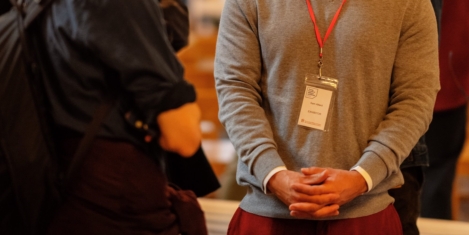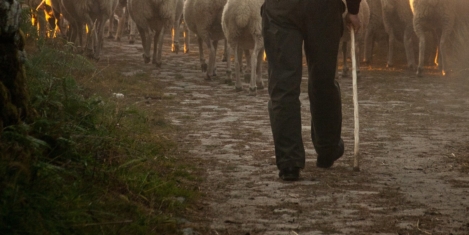September 7, 2023
AI is giving business leaders the heebie-jeebies, new poll suggests
 An overwhelming majority of business leaders (94 percent) admit to some form of ‘tech anxiety’ when it comes to AI and other technology, according to a new survey from Kin + Carta. This anxiety is on the rise as the pace of digital and technological change accelerates, and is prompting top executives to invest more in digital transformation, according to the survey. The report defines tech anxiety as the feeling senior leaders have as a result of the rapid pace of advancements in technology that are causing concern when it comes to how their business operates. While the top source of that anxiety is cyber security (cited by 24 percent of respondents), close behind, and rounding out the top three, are concerns over AI and machine learning (19 percent), and anxieties about sustainability strategy and tracking (17 percent). (more…)
An overwhelming majority of business leaders (94 percent) admit to some form of ‘tech anxiety’ when it comes to AI and other technology, according to a new survey from Kin + Carta. This anxiety is on the rise as the pace of digital and technological change accelerates, and is prompting top executives to invest more in digital transformation, according to the survey. The report defines tech anxiety as the feeling senior leaders have as a result of the rapid pace of advancements in technology that are causing concern when it comes to how their business operates. While the top source of that anxiety is cyber security (cited by 24 percent of respondents), close behind, and rounding out the top three, are concerns over AI and machine learning (19 percent), and anxieties about sustainability strategy and tracking (17 percent). (more…)









 Vulnerable narcissistic leaders are especially likely to make employees irritated during crisis situations, reveals new research from NEOMA Business School. Birgit Schyns, Distinguished Professor of People & Organisations at NEOMA, and co-authors analysed survey data on workers in the UK education sector during the COVID-19 pandemic. Respondents reported their levels of irritation and Coronavirus-related worry in five weekly surveys, as well as their experiences with vulnerable narcissistic leadership – an unstable form of leadership characterised by covert feelings of entitlement.
Vulnerable narcissistic leaders are especially likely to make employees irritated during crisis situations, reveals new research from NEOMA Business School. Birgit Schyns, Distinguished Professor of People & Organisations at NEOMA, and co-authors analysed survey data on workers in the UK education sector during the COVID-19 pandemic. Respondents reported their levels of irritation and Coronavirus-related worry in five weekly surveys, as well as their experiences with vulnerable narcissistic leadership – an unstable form of leadership characterised by covert feelings of entitlement. 



























